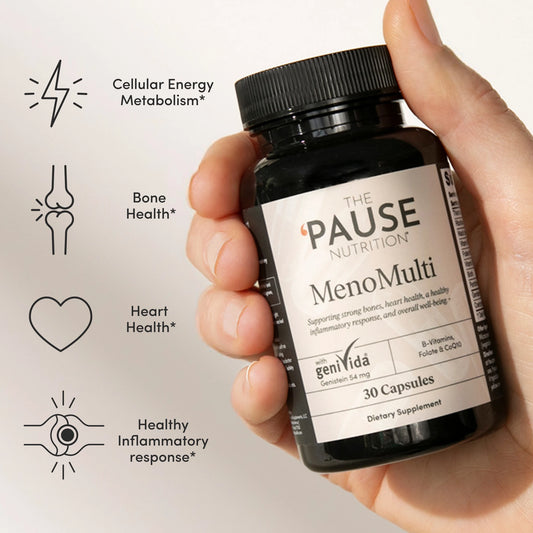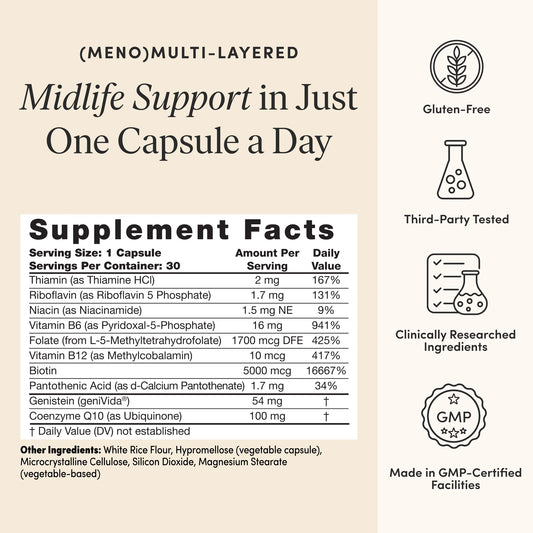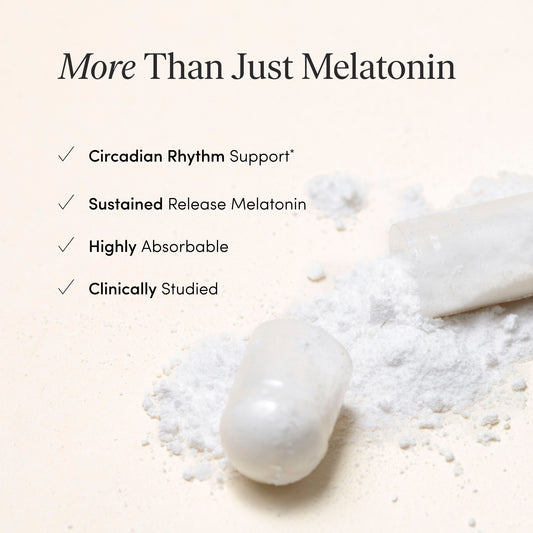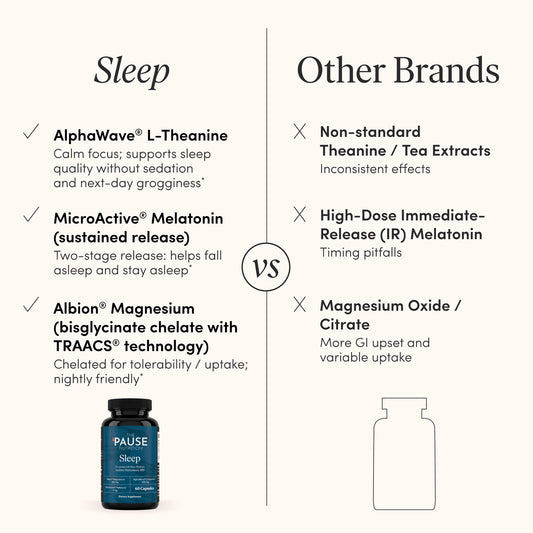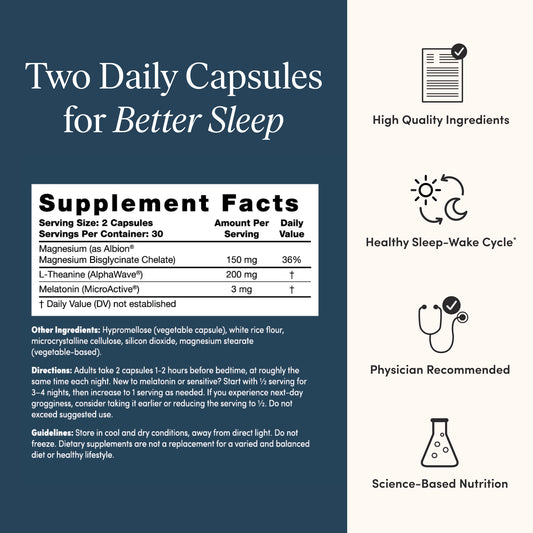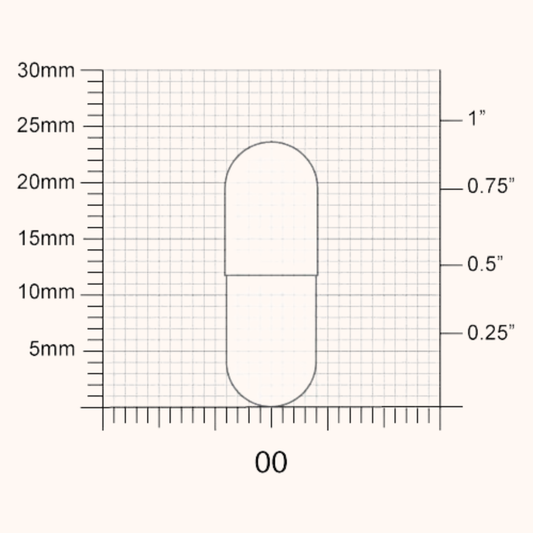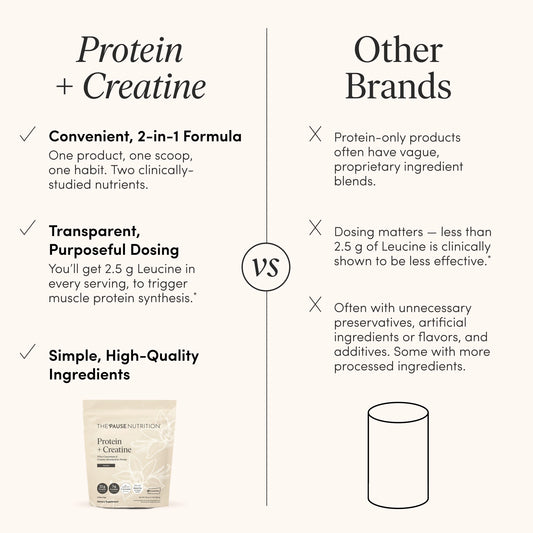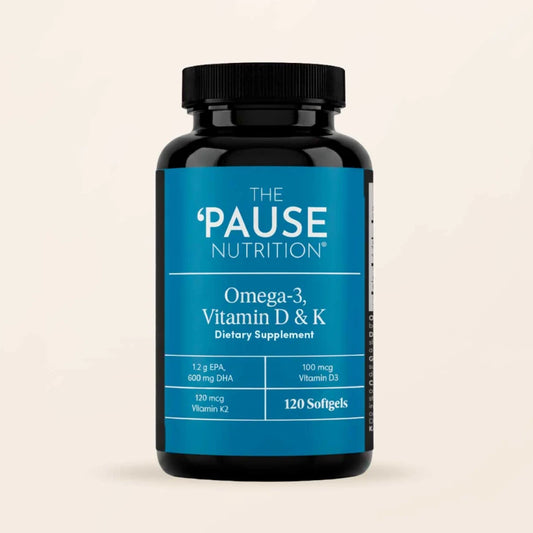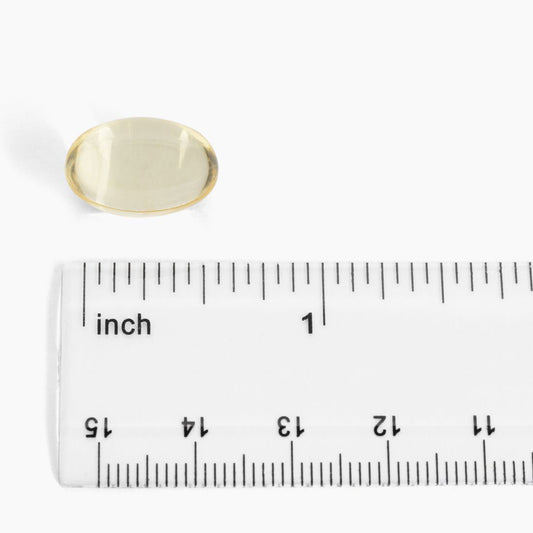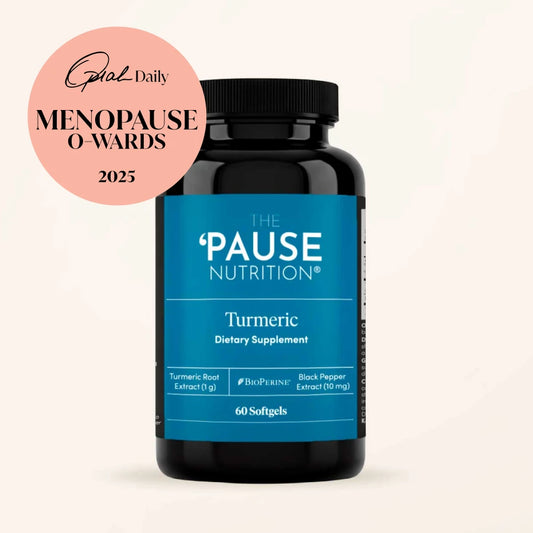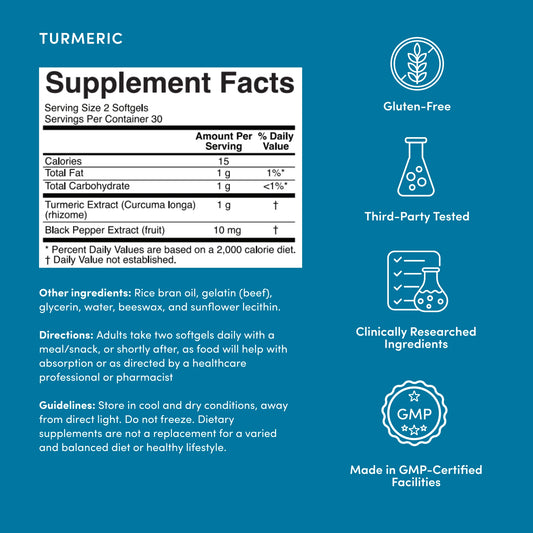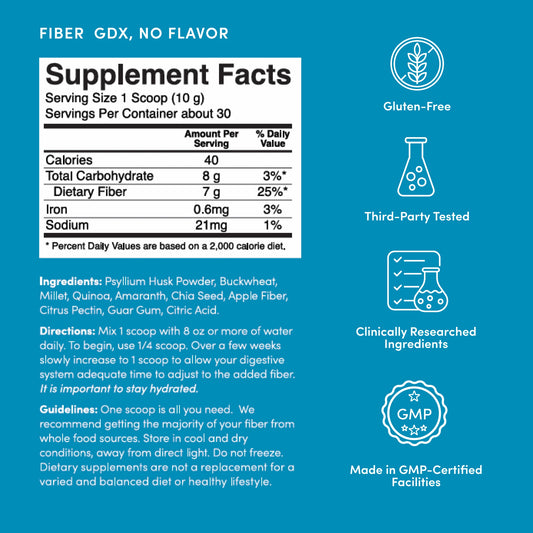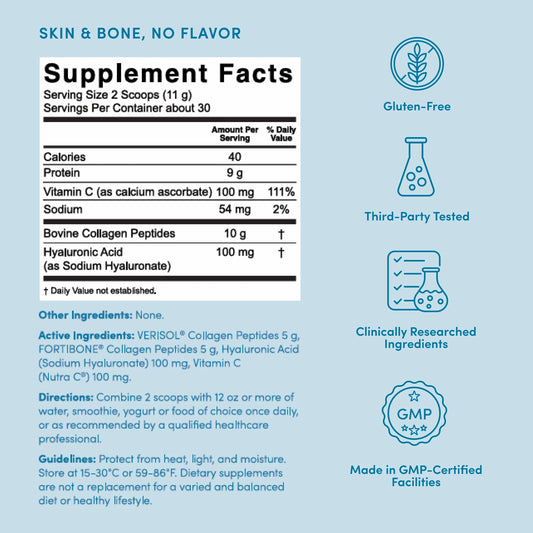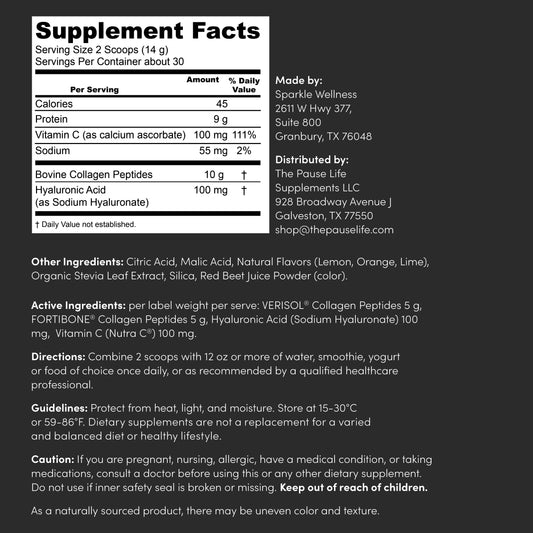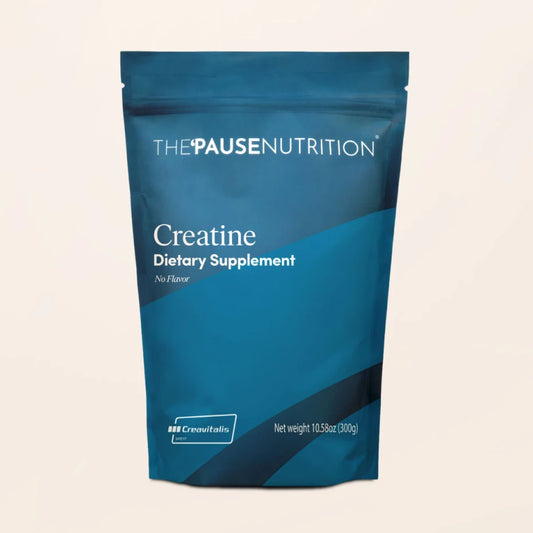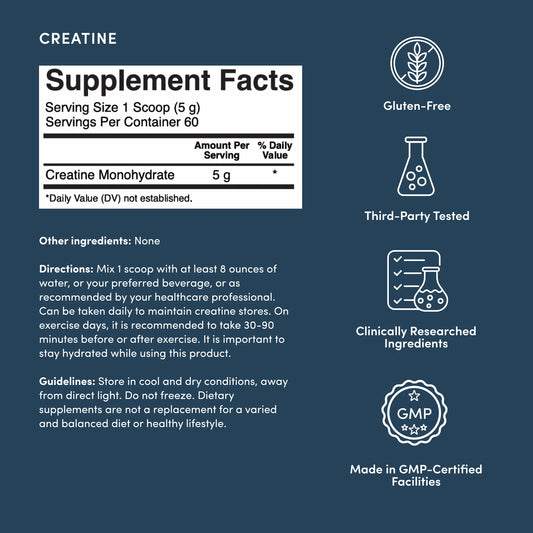Menopause And Brain Fog – Its Not All In Your Head

Share
Brain fog can be a symptom brought on by lower levels of estrogen, also known as estradiol.
How Does Menopause Affect The Brain?
In a study conducted in pre, peri and post menopausal women, to see how menopause and the declining hormone levels affected the brain, researchers found changes in the parts of the brain used for cognition. These were not related to chronological age or HRT use, rather the duration in menopause. Brain imaging showed a decline in the part of the brain that controls movement, memory and emotions. However, changes stabilized post-menopause suggesting the brain can compensate and adapt which is good news.
Overall, we have an impaired stress response in menopause. The estrogen is no longer available to counteract the effect of stress hormones, especially cortisol, on the brain. Interestingly, women on estradiol therapy report stress, but their cortisol levels are lower.
Estrogen and stress hormones have entirely opposite effects throughout the body. Estradiol positively affects the brain, while stress hormones negatively impact the brain and cognition, affecting our thinking and ability to respond to the environment, including how we remember, understand, learn, and process. Estradiol is able to prevent the negative effects of stress hormones on the brain.
Estradiol therapy may decrease the body’s excess cortisol response to stress, preventing the adrenal glands from making more cortisol. Estradiol also protects the nerve cells in the brain from damaging chemicals, including cortisol.
One study showed that women on long-term estradiol therapy after menopause reacted less to cortisol when the treatment was started both within and after 6 years of menopause. The women treated with estradiol had lower free cortisol responses than the placebo group even when they were subjected to higher levels of stress.
But What If You Can’t Take Estrogen?
Estrogen therapy is not an option for all women and the decision must be made in consultation with your doctor.
What else can women do to decrease the risk of cognitive impairment and emotional disorders, such as anxiety and depression, when approaching menopause? There is robust evidence that lifestyle factors, including diet, can preserve emotional and cognitive function.
In addition, omega-3 fatty acids may help to relieve depressive symptoms, benefit emotional and cognitive behaviors, and lower inflammation in menopause.



















